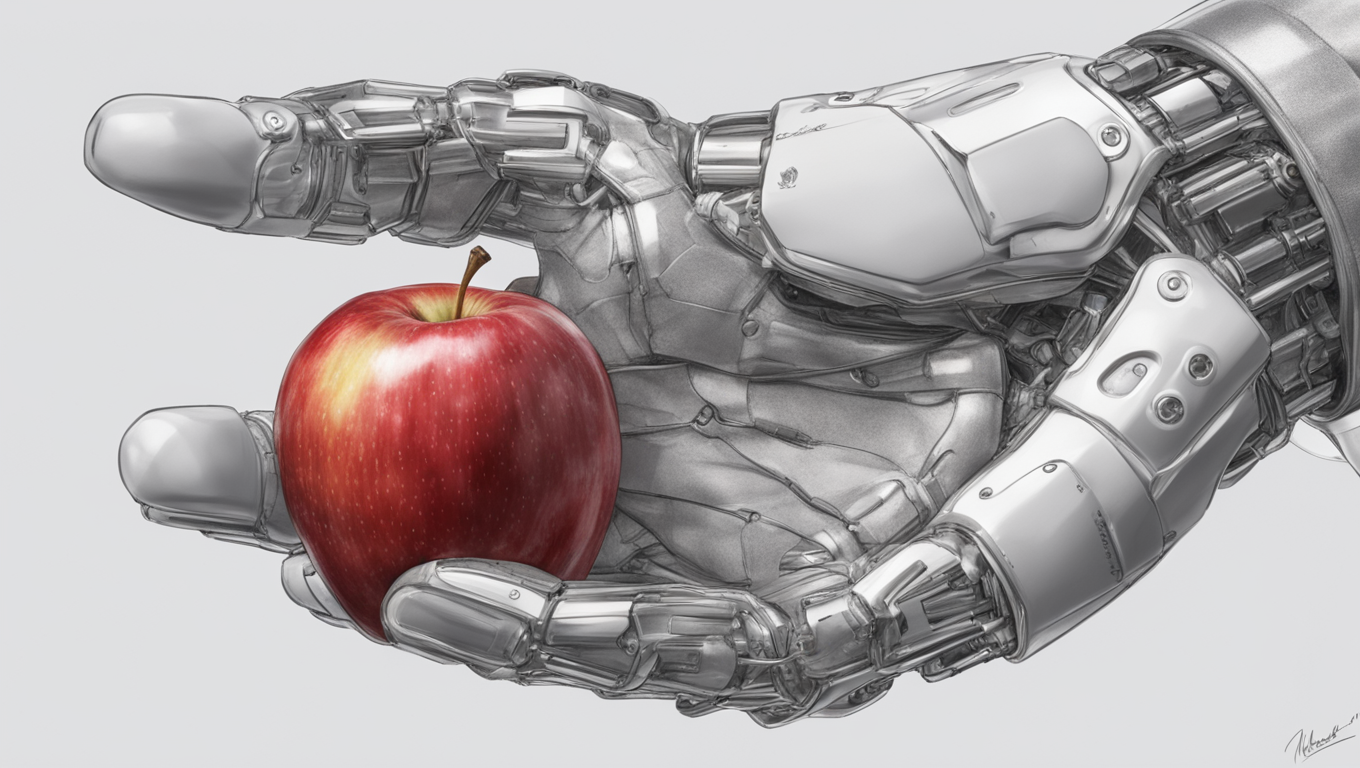Introducing Esper Hand: Revolutionizing Lives with AI-Enhanced Bionic Technology
It’s no secret that medical innovations are always a big hit at Vivatech, and this year is no exception. Ukrainian startup, Esper Bionic, is taking advantage of the Parisian showcase to unveil their latest creation - the Esper Hand. A groundbreaking fusion of artificial intelligence (AI) and healthcare, this bionic hand has been developed through the collaborative efforts of engineers and medical professionals.
Dubbed as Esper Hand, this AI-powered marvel boasts an intuitive self-learning technology that can predict intended movements faster than similar prosthetics, according to the startup’s website. Its primary goal is to provide an alternative solution for individuals who have experienced hand amputations, as other existing options may not be aesthetically or functionally satisfactory.
The Esper Hand is equipped with 24 sensors that detect and process the movements of 20 forearm muscles, enabling precise actions. It features six motors to individually articulate the fingers, and can be controlled directly via a dedicated application. “Through advanced algorithms,” states Esper Bionic, “Esper Hand understands the user’s behavioral patterns, ultimately making movements more fluid.”
Comprised mostly of plastic, the Esper Hand is currently being used by around 100 patients worldwide and is priced at approximately 100,000 euros. However, we can anticipate even more advanced and lifelike versions in the future, with models made from aluminum and silicone potentially being unveiled in the coming years.
Esper Bionic is not the only startup showcasing ground-breaking medical solutions at Vivatech. Revival Bionics, for example, is exhibiting their biomechanical foot prosthesis that replicates natural walking. Constructed from titanium and carbon fibers, and equipped with an artificial Achilles tendon, this high-tech boot allows disabled individuals to walk smoothly for up to seven kilometers.
The fusion of AI and healthcare is not only changing lives, but it is also opening doors to endless possibilities. These innovations represent a giant leap forward in enhancing the quality of life for individuals with disabilities. As CEO of Esper Bionic, Dr. Natalia Tumanova, aptly puts it, “We are bridging the gap between humans and technology, offering hope and a future where disabilities are no longer limitations.”
The future of bionic technology is here, and it is undoubtedly transforming lives one innovation at a time. With increased accessibility and continuous advancements, we can look forward to a world where disabilities become mere obstacles that technology can overcome.
In the words of Dr. Tumanova, “We believe in a future that is inclusive, where everyone has the opportunity to live a fulfilling life, regardless of their physical capabilities. Our work at Esper Bionic is just the beginning.”





Use the share button below if you liked it.